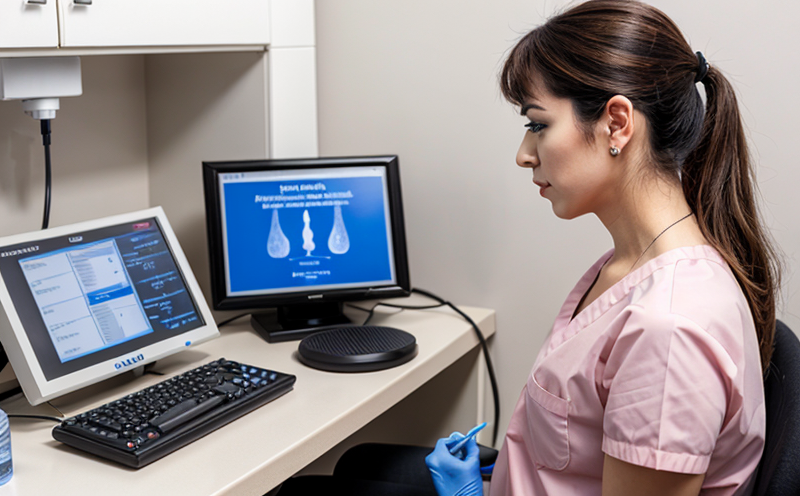Thyroid Stimulating Hormone (TSH) Testing in Dogs
The thyroid stimulating hormone (TSH), produced by the anterior pituitary gland, plays a crucial role in regulating the production and release of thyroid hormones. In dogs, TSH testing is essential for diagnosing and monitoring conditions related to the thyroid gland, particularly hypothyroidism—a common endocrine disorder in canines.
Hypothyroidism occurs when there is an insufficient production of thyroid hormones, leading to a range of symptoms including weight gain, lethargy, hair loss, and skin problems. Detecting TSH levels early and accurately helps veterinarians make informed decisions regarding treatment and management strategies. This service offers precise quantitative measurement of TSH in serum or plasma samples using advanced laboratory techniques.
The testing process involves several key steps:
- Sample Collection: Blood samples are collected from the dog under strict aseptic conditions, ensuring minimal stress on the animal. The sample is then allowed to clot naturally before being centrifuged to separate blood cells and plasma.
- Preparation for Analysis: The prepared serum or plasma is analyzed using immunoassay technology, which measures TSH levels through a sandwich ELISA method.
- Analytical Process: Using high-sensitivity assays, the laboratory can detect minute quantities of TSH in the sample. This ensures accurate and reliable results for diagnosis and monitoring purposes.
- Result Reporting: Once analysis is complete, a detailed report highlighting the TSH concentration is generated. The report also includes reference ranges based on breed-specific data to aid in interpretation.
The accuracy of these tests relies heavily on standardized procedures and validated methods that comply with international standards such as ISO/IEC 17025 for quality management systems in laboratories.
By leveraging this service, healthcare providers can enhance patient care by providing timely diagnoses and effective treatments. This ensures the wellbeing of pets suffering from thyroid disorders while minimizing unnecessary interventions or misdiagnoses.
Benefits
- Precision Diagnosis: Accurate measurement of TSH levels aids in diagnosing hypothyroidism and other related conditions promptly.
- Multidisciplinary Support: The results contribute to a comprehensive treatment plan, integrating insights from various healthcare professionals including veterinarians and nutritionists.
- Patient Care Improvement: Early detection of thyroid issues helps in providing appropriate medical care, potentially improving the quality of life for affected dogs.
- Cost Efficiency: By identifying health issues at an early stage, this testing can prevent more expensive treatments and prolonged hospital stays later on.
Regular monitoring of TSH levels is vital in managing chronic conditions effectively. Our comprehensive service ensures reliable data that supports long-term care decisions for pet owners.
Why Choose This Test
- Accurate Results: Utilizing state-of-the-art equipment and certified personnel, our laboratory guarantees precise TSH measurements.
- Compliance with Standards: All tests adhere to strict quality control measures compliant with ISO/IEC 17025 standards ensuring reliability of results.
- Patient-Centric Care: Tailored reports and detailed explanations assist both pet owners and veterinarians in understanding test outcomes clearly.
- Eco-Friendly Operations: As part of our commitment to sustainability, we implement energy-efficient practices and reduce waste during sample processing.
The combination of advanced technology and experienced staff provides a robust framework for accurate diagnostics. Choosing this service ensures peace of mind for both pet owners and healthcare providers involved in the dog's care.
Environmental and Sustainability Contributions
In addition to providing top-tier medical services, our laboratory is dedicated to minimizing its environmental impact through sustainable practices. By optimizing energy usage during sample preparation processes and recycling waste materials where possible, we strive to contribute positively towards ecological conservation efforts.
Our commitment extends beyond operational efficiency; it includes educating clients about responsible pet ownership and promoting preventive healthcare measures that reduce the need for extensive treatments down the line. This holistic approach underscores our dedication to not only animal health but also planetary well-being.





